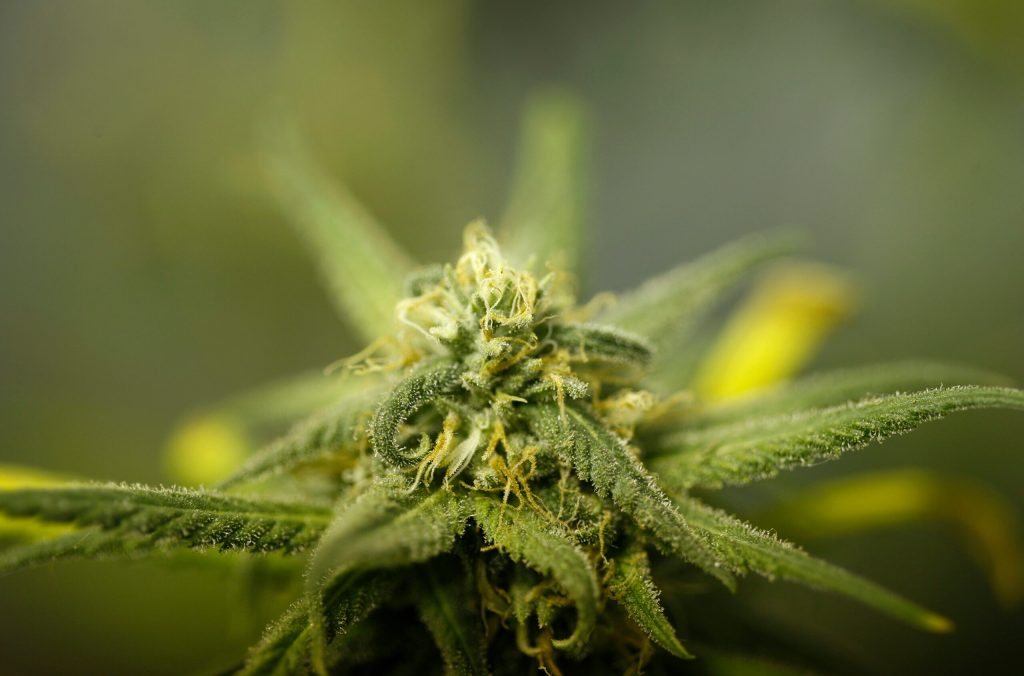You know what a really trippy visual is? Seeing another psychedelic medicine trial fast-tracked by the FDA through a process designed to speed up the review period for drugs with strong potentials to improve existing options for “serious conditions.” Last week, the FDA granted a Breakthrough Therapy designation to a program studying psilocybin, the compound that gives magic mushrooms their psychedelic effects, as a possible treatment for major depressive disorder. The Phase 2 clinical trial will be conducted by the Usona Institute, a nonprofit dedicated to “exploring the therapeutic potential of consciousness‑expanding medicines like psilocybin,” according to its website. The Usona Institute trial will only involve 80 participants, but its focus will be wider than the one behind the first psilocybin trial granted a Breakthrough Therapy designation. The first, conducted by psilocybin researchers at COMPASS Pathways, only looked at the compound’s ability to help people with treatment-resistant depression—a category that around 10 to 30 percent of people with major depressive disorder fall into, according to New Atlas. The new trial will examine psilocybin as a treatment option for the 16.1 million Americans currently diagnosed with major depressive disorder, around 6.7 percent of the U.S. population.
FDA recognition legitimizes psychedelic research and is a massive step for the field as a whole, and the (increasingly viable) possibility of legal psychedelic medicine is exciting news for anyone struggling with clinical depression, especially if more traditional therapies and treatments have proven ineffective. “What is truly groundbreaking is FDA’s rightful acknowledgement that MDD, not just the much smaller treatment-resistant depression population, represents an unmet medical need and that the available data suggest that psilocybin may offer a substantial clinical improvement over existing therapies,” Charles Raison, director of clinical and translational research at Usona, said in a statement. The trial will examine the impact of a one-time dose of psilocybin on patients with major depressive disorder, with a dose (or a placebo) administered on first meeting and a series of follow-ups to check on the participants’ mental and physical post-trip condition.
Videos by VICE
The trial process is basically what experts say psychedelic therapy would look like when legalized: an experience monitored by specially trained therapists, who will guide patients through their psychedelic event and help them process it once it’s over. If this regimented procedure feels radically removed from the experience of, hypothetically, buying a quad of shrooms from a guy named Martin and “going outside” to “listen to music” for eight hours, that’s kind of the point. The rise of psychedelic medicine as a legal option for mental healthcare would gel with gradually relaxing attitudes towards psychedelics and other substances like MDMA (which is currently being studied as a treatment for PTSD), which longtime psychedelic researchers have celebrated for the past few years. But it still feels unlikely that these treatments will be widely accessible to the average American, given the confirmed gap in insurance coverage for mental health services—particularly for people seeking treatment for substance use disorders. And the dichotomy between cannabis’s federal illegality and the fact that all but two states have some kind of medicinal cannabis law on the books has created a confusing patchwork of regulations that don’t translate into a coherent system of treatment for medical cannabis patients: Qualifying conditions aren’t standardized, supply and demand problems often arise because it’s still illegal to transport cannabis across state lines, and registering as a medicinal user does not always protect patients from harassment by local or federal law enforcement. That all means there’s no functional model for this kind of therapy in the United States, which makes it feel especially surreal to watch as medicinal psychedelics seem to breeze through federal regulations.
Sign up for our newsletter to get the best of VICE delivered to your inbox daily.
Follow Katie Way on Twitter .




